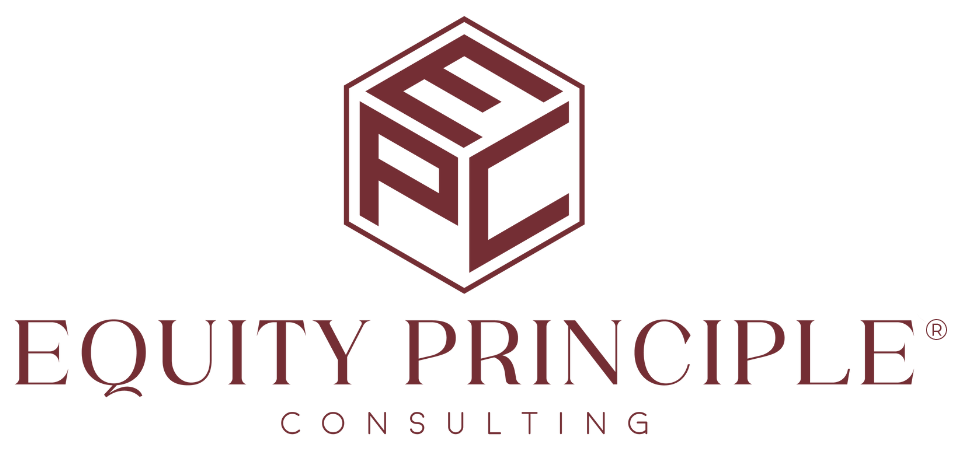How to Ask Your Employer for a Career or Leadership Coach
Career progression isn’t just about climbing the corporate ladder or seeking promotions. It’s also about personal growth, skill acquisition, and finding a sense of fulfillment in your work. One valuable resource that can aid in this journey is a career or leadership coach. A coach provides personalized guidance, empowers you to identify your strengths and areas for growth, and helps you to identify strategies to achieve your goals.
But how do you approach your employer to request this valuable resource?
Here are some steps to guide you:
Do Your Research
Before approaching your employer, it’s essential to have a clear understanding of what a career or leadership coach does, their benefits, and how they can align with your current role and the company’s objectives.
Identify credible coaching organizations or certifications. This will not only show that you’ve done your homework but also ensure that you’re seeking quality coaching.
- Self-assess
Identify the areas you believe you need guidance in. Whether honing leadership skills, managing work-life balance, or navigating career transitions, being clear about your needs will make the conversation more productive.
- Align with Company Goals
Your employer will be more inclined to invest in a career or leadership coach if they see a direct benefit to the organization. Show how improving your skills or addressing specific challenges will result in better performance, increased productivity, or other benefits to the company.
- Present a Business Case
Approach the request as you would any other business proposal:
- Benefits: Highlight the advantages of having a more skilled, well-rounded, and satisfied employee. Discuss potential outcomes like reduced turnover, enhanced job satisfaction, and improved performance.
- Cost Analysis: Provide an estimate of the coaching costs and compare it to the potential ROI (Return on Investment) in terms of your enhanced contribution to the company.
- Testimonials & Case Studies: If possible, provide examples of other individuals or companies that have benefited from career or leadership coaching. Real-world examples can be compelling.
- Be Open to Compromise
Your employer might agree to cover some of the coaching costs or suggest internal mentoring as an initial step. Be open to these suggestions. The goal is to get support and guidance, and there may be multiple avenues to achieve this.
- Plan for Follow-Up
If your request is approved, plan to revisit the topic with updates:
- Feedback: Regularly share the insights and progress you’ve made with your coach. It will demonstrate that the investment is paying off.
- Measurable Outcomes: Whenever possible, present quantifiable results of your coaching. Whether it’s improved performance metrics, new skills acquired, or positive feedback from colleagues, these tangible results will showcase the value of the coaching.
- Stay Professional
Regardless of the outcome, it’s crucial to remain professional and appreciative of the opportunity to discuss your professional development. Remember, even if your employer declines, you’ve initiated a conversation about your career growth, which can lead to other opportunities and resources.
In conclusion, asking for a career or leadership coach is a testament to your commitment to personal and professional growth. By approaching the request strategically and aligning it with your needs and the company’s objectives, you can make a compelling case for this investment in your future.

